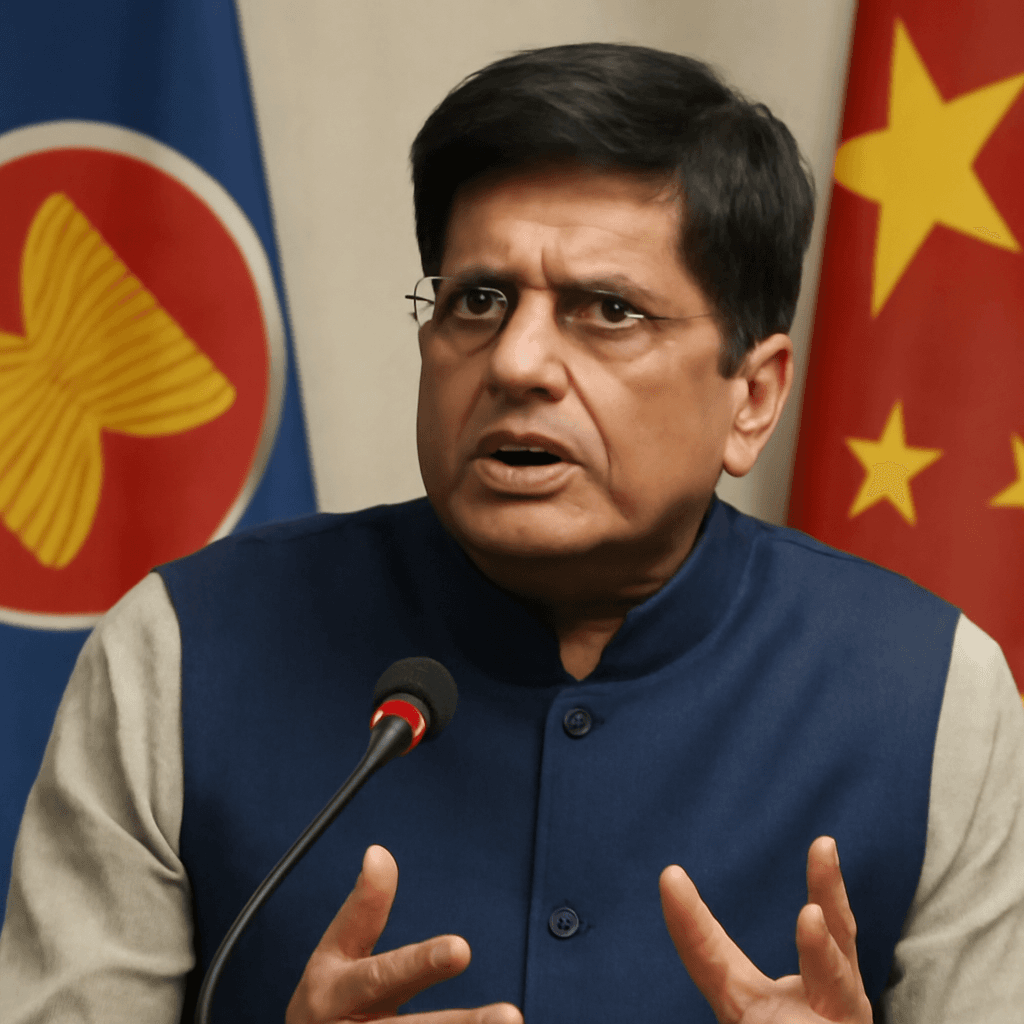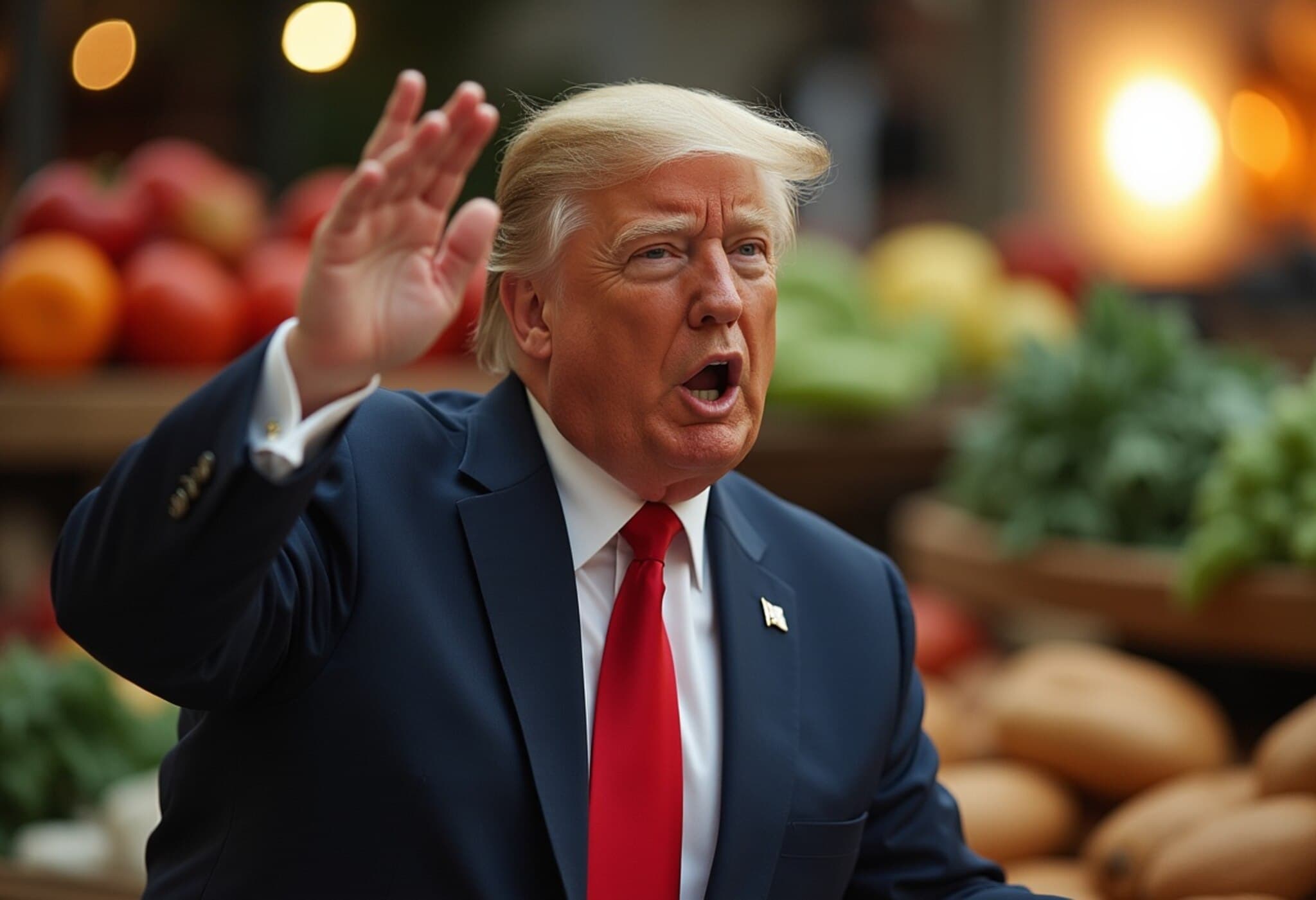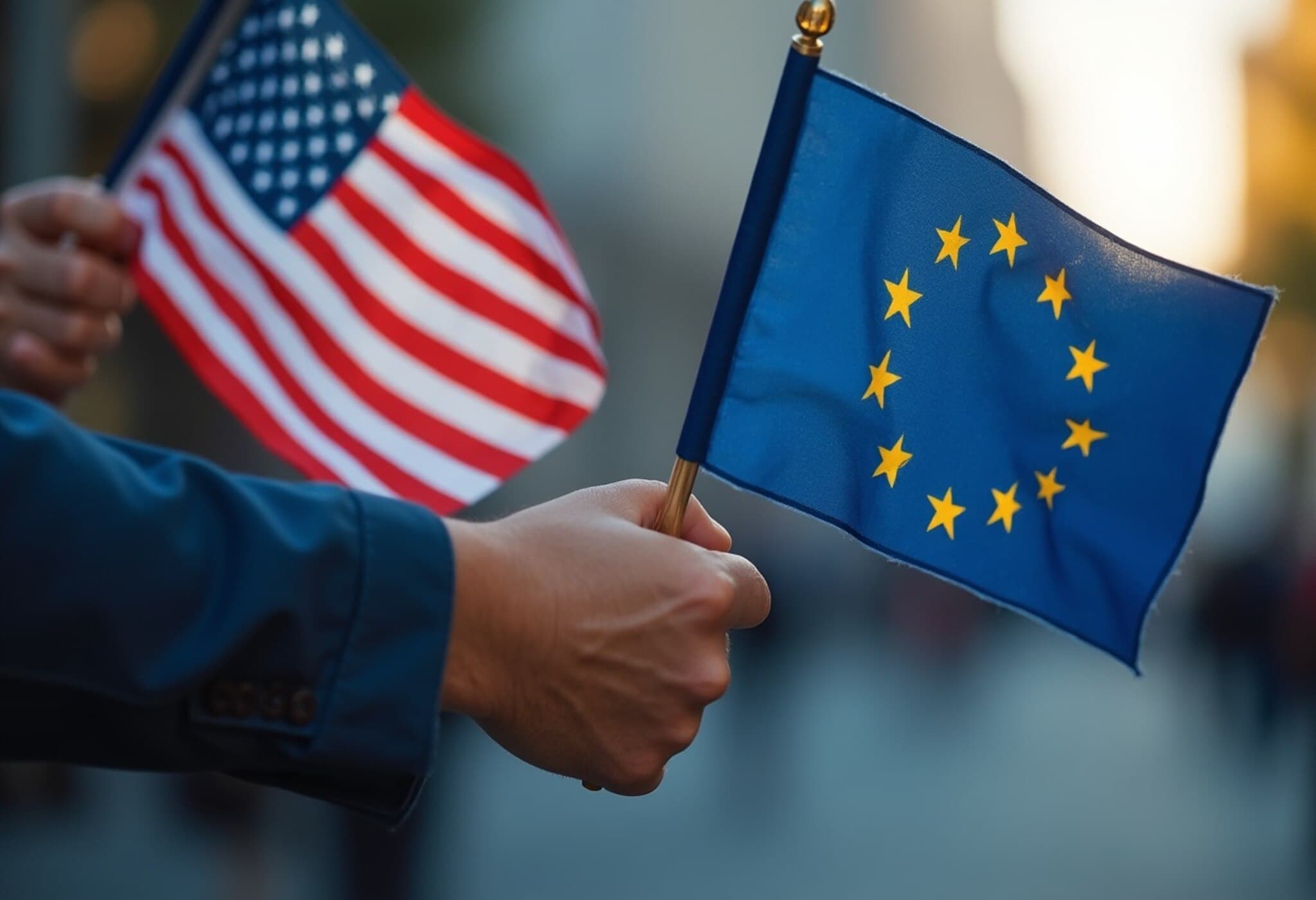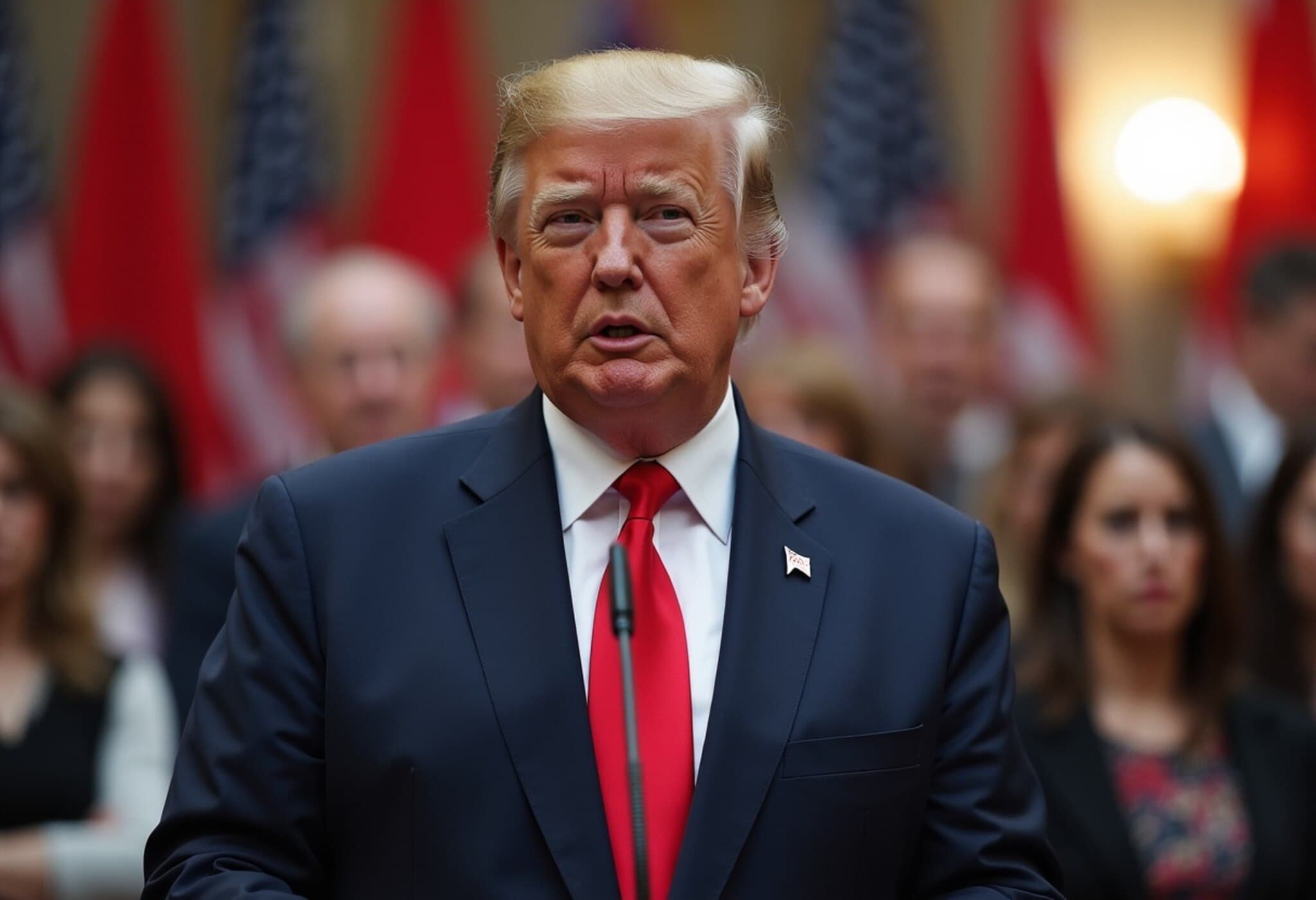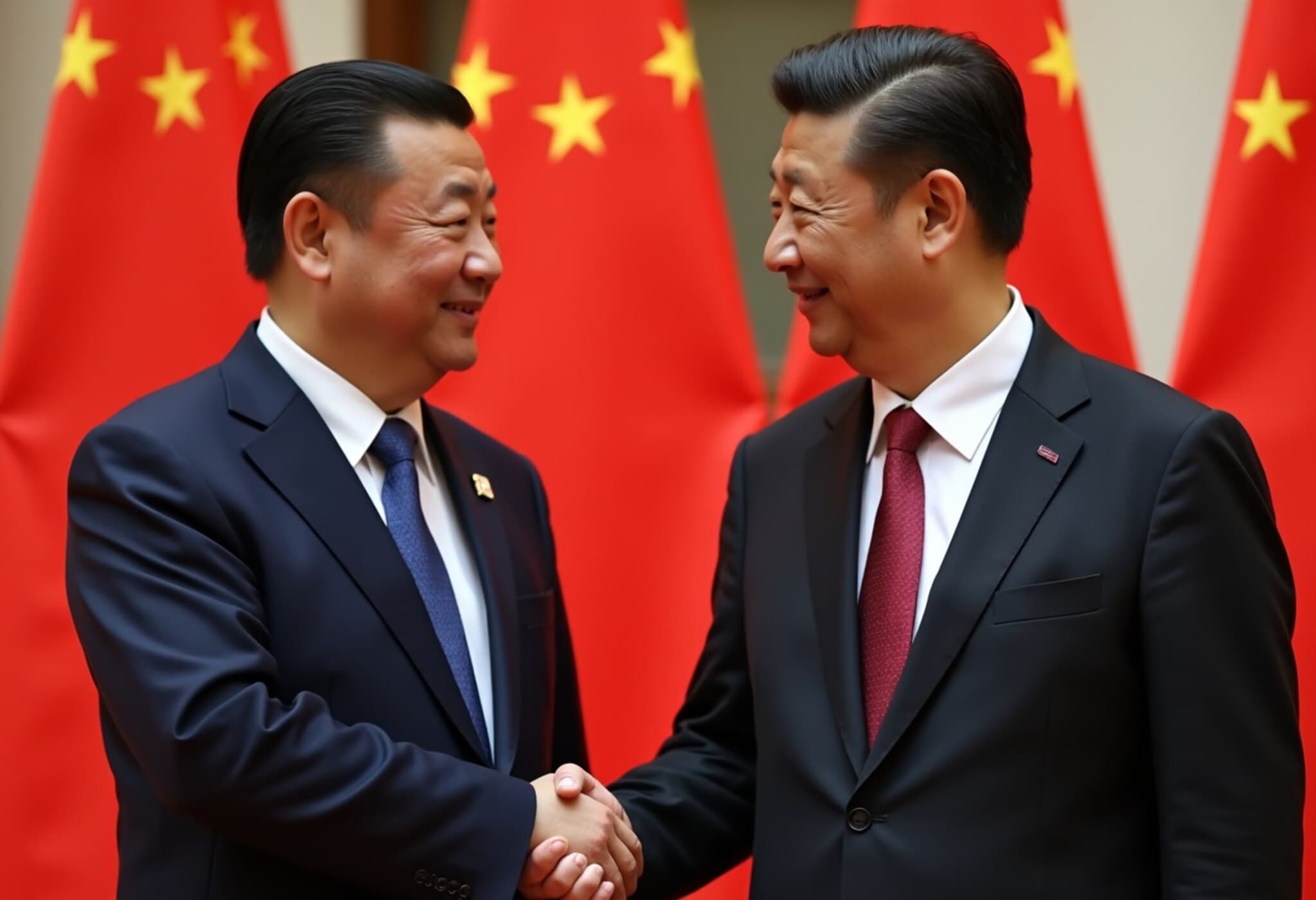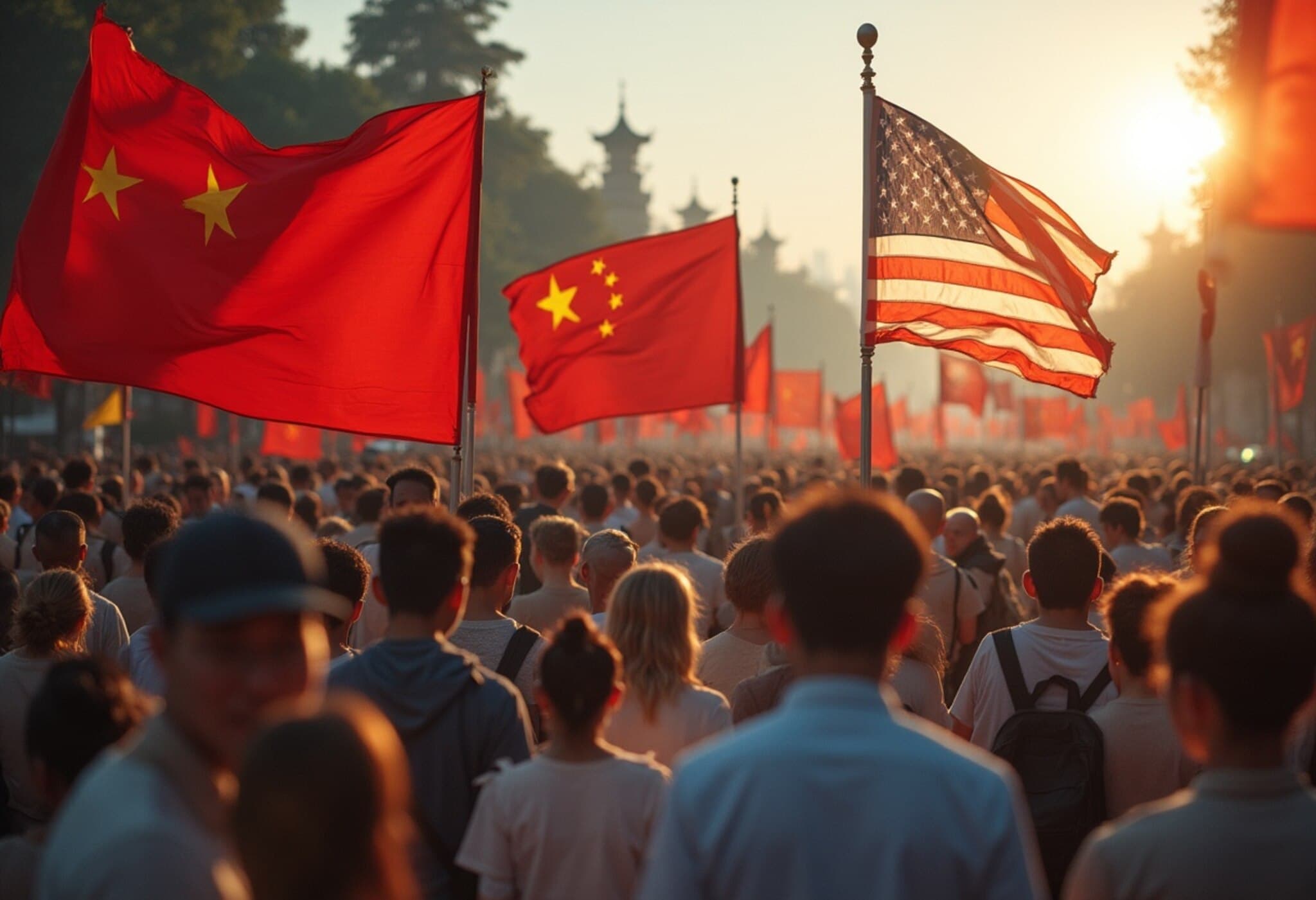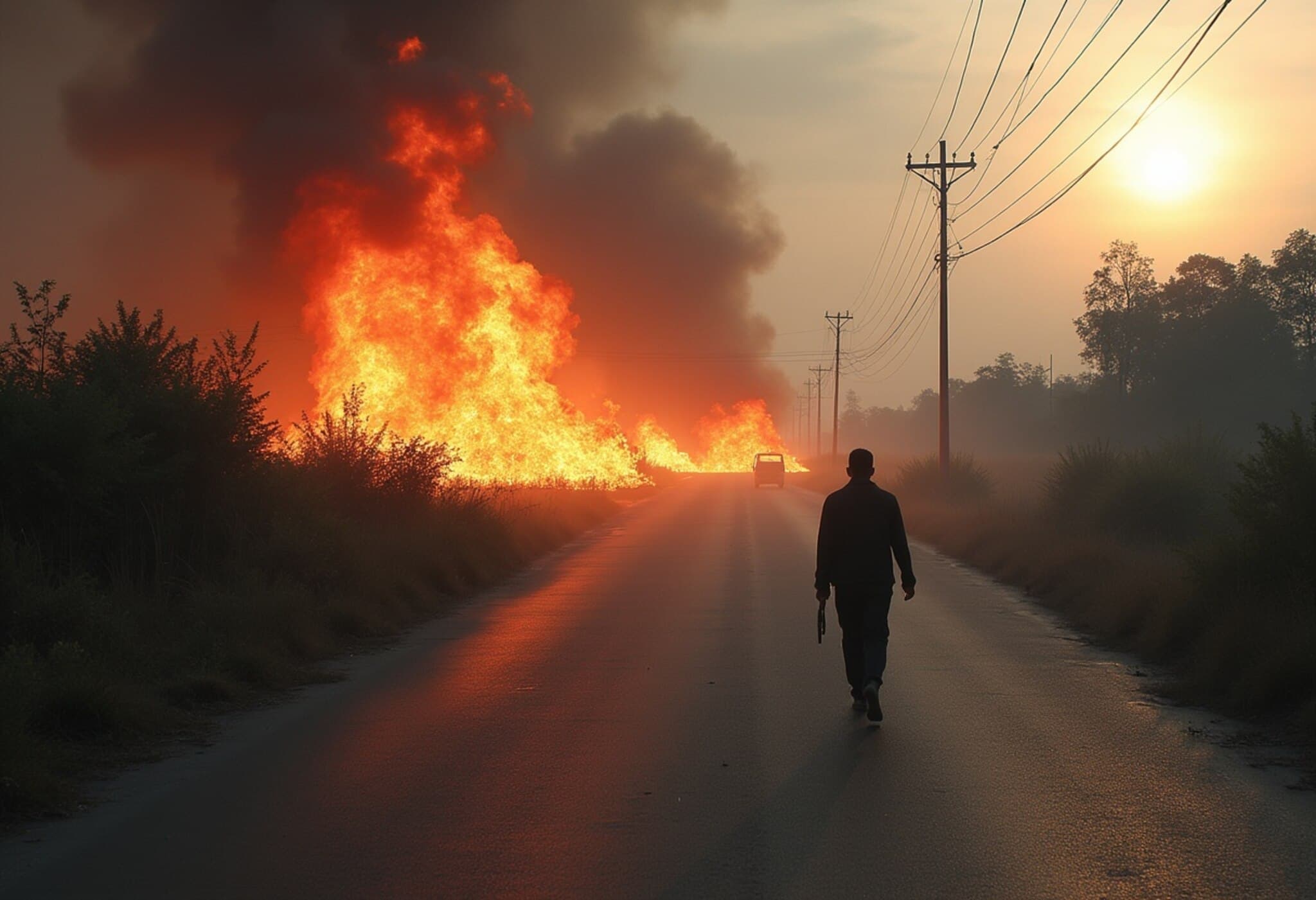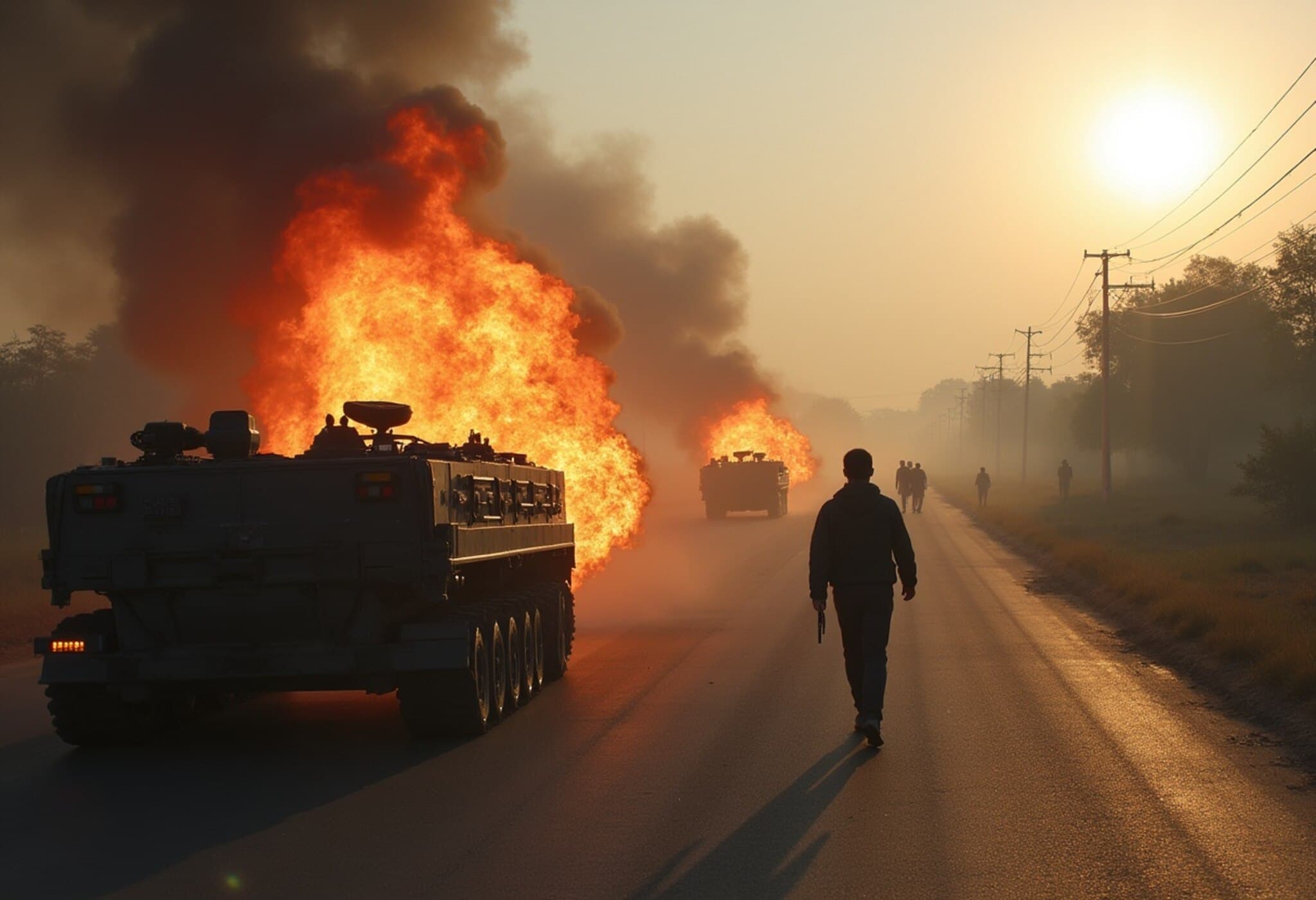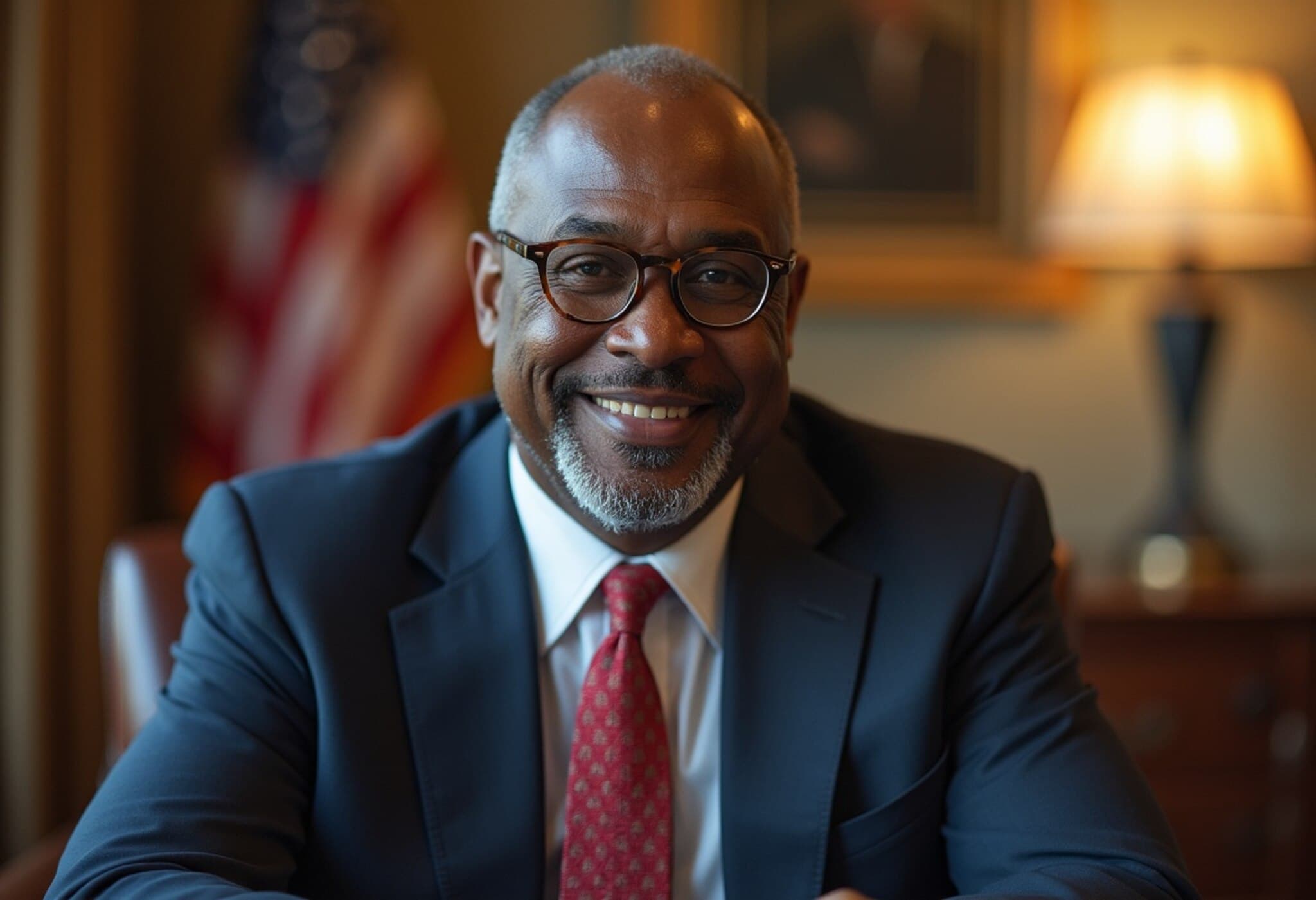India's Trade Stance: ASEAN Called China’s 'B-Team'
Union Commerce Minister Piyush Goyal has recently delivered a sharp critique of the Association of Southeast Asian Nations (ASEAN), branding the bloc as the "B-team of China" and dismissing any potential trade agreement with them as imprudent. His comments come amid India’s ongoing efforts to finalize several critical trade deals across various global markets.
Context of the Remarks
Speaking at the India Global Forum in the United Kingdom, Goyal condemned previous strategies that focused on trade deals with competitive markets rather than allies whose economic interests align more closely with India's. He described such pursuits as “silly” and specifically included the India-ASEAN trade agreement in this category.
The ASEAN Trade Agreement Under Scrutiny
India and ASEAN have been connected through the ASEAN–India Free Trade Area (AIFTA) since 2010, which has succeeded in increasing trade volume. Nevertheless, the trade balance remains heavily skewed in favor of ASEAN countries. Goyal pointed out that by signing or extending deals with ASEAN nations like Indonesia, Malaysia, Thailand, Vietnam, Cambodia, and Laos, India inadvertently opens its markets to its competitors.
Concerns Over China’s Influence
One of the sharpest criticisms pertains to China’s manipulation of trade norms. Goyal highlighted that some ASEAN countries act as intermediaries to route Chinese goods, circumventing certain trade restrictions through country-of-origin regulations. This tactic effectively makes the ASEAN bloc serve as an extension of China’s economic outreach, weakening India's trade defenses.
Shifting Focus to Strategic Partners
Instead of deepening economic ties with ASEAN, Goyal emphasized that India is orienting its efforts toward negotiating trade agreements with countries like Australia and New Zealand, a process expected to conclude within the next few months. Additionally, India is engaged in discussions with major players such as the United States, the European Union, the United Kingdom, and the United Arab Emirates.
Ongoing and Future Trade Negotiations
- United States
- European Union
- Australia and New Zealand (pending deals)
- European Free Trade Association (EFTA), including Iceland, Norway, Liechtenstein, and Switzerland
- Chile and Peru
These talks indicate India’s growing preference for trade partnerships that offer complementary, rather than competitive, economic advantages.
What Lies Ahead for India’s Trade Policy?
While the ASEAN-India Free Trade Area has facilitated increased commerce, the persistent trade imbalance and external influences such as China’s trade tactics have prompted India to reassess its trade alliances carefully. Goyal’s blunt characterization of ASEAN as China’s “B-team” signals a significant shift in India’s strategic priorities, steering toward partners that add value without compromising domestic market security.
As India prepares to possibly finalize deals with Australia, New Zealand, and others, the country’s trade diplomacy seems geared for alliances that bolster growth while safeguarding economic sovereignty.

